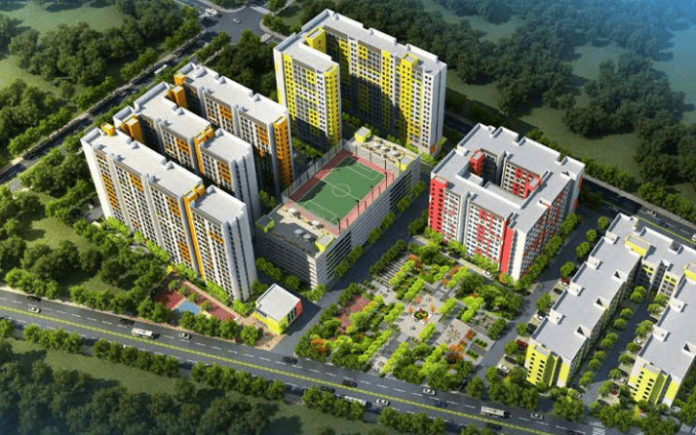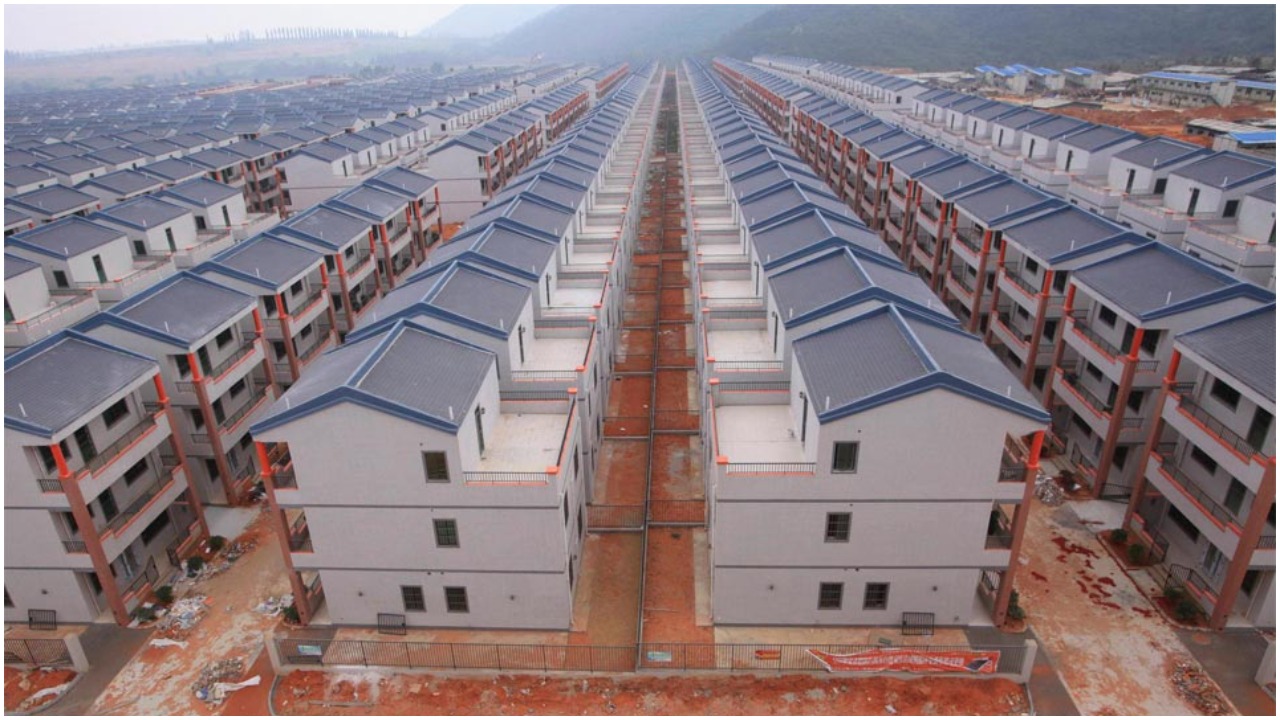In Kenya, the right to housing is embedded in the constitution, which provides that “Every person has the right to accessible and adequate housing, and to reasonable standards of sanitation.”
At the start of his second term in 2018, Kenya’s President Uhuru Kenyatta launched an affordable housing programme as one of the big four agenda pillars to promote long term economic development. The other pillars are food and nutrition security, a robust manufacturing sector and universal healthcare.
Kenya needs to build 250,000 units annually for at least four years to plug its cumulative housing deficit of two million units.
The lowest cost of a new house is estimated at $11,000 (KSh1.1 million), and only about 11% of Kenyans earn enough to support a mortgage. Public and private housing developers have previously concentrated on the middle and high-income groups.
Little attention has been given to producing affordable housing to the poor segments of the population, who form the bulk of Kenyan society – 53% by the end of 2020. As a result, over 60% of urban households in Kenya live in slums where they struggle to raise $10 a month for rent.
The government pledged to build 500,000 housing units for the lower and middle-income population segments by 2022. The units were to be sold at a price range of US$6,000 to US$30,000. But by the end of 2021, the five-year plan had yielded only 431 units or 0.8% of the target.
Source : theconversation.com



